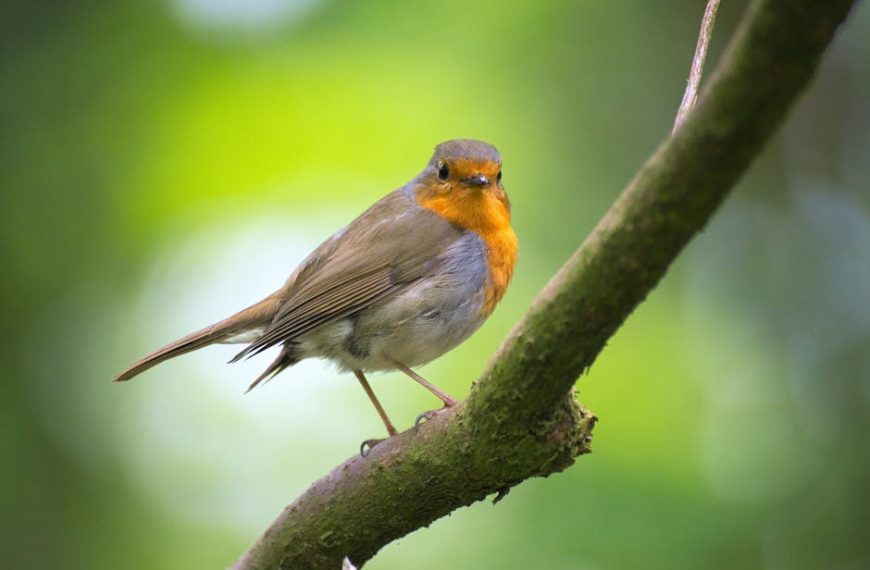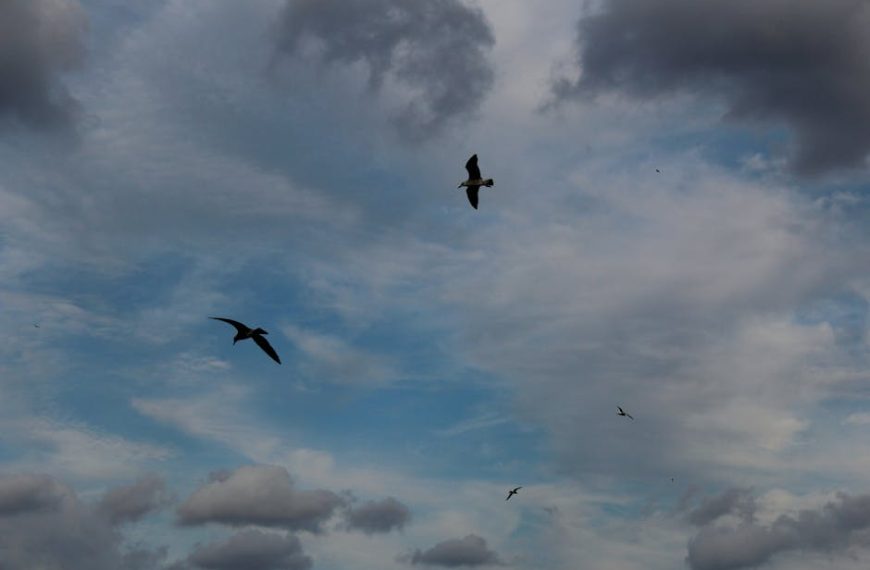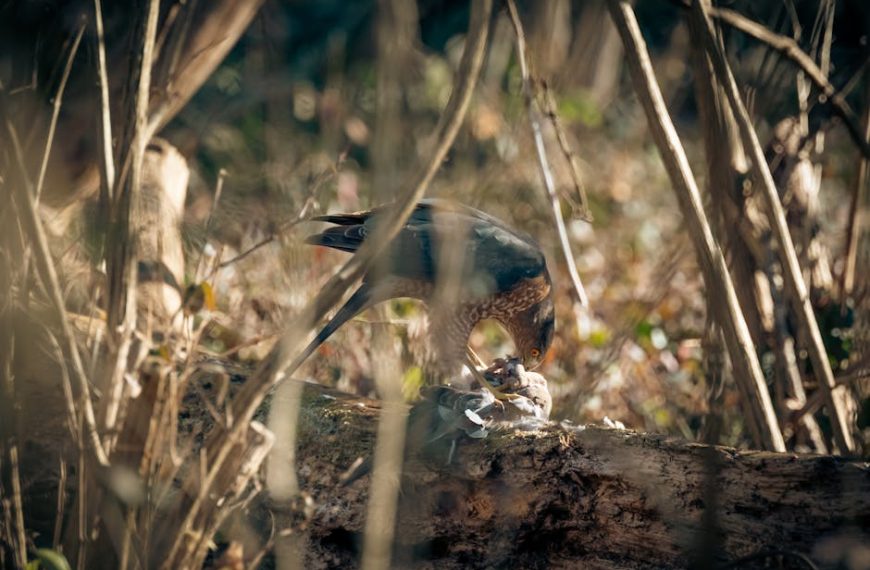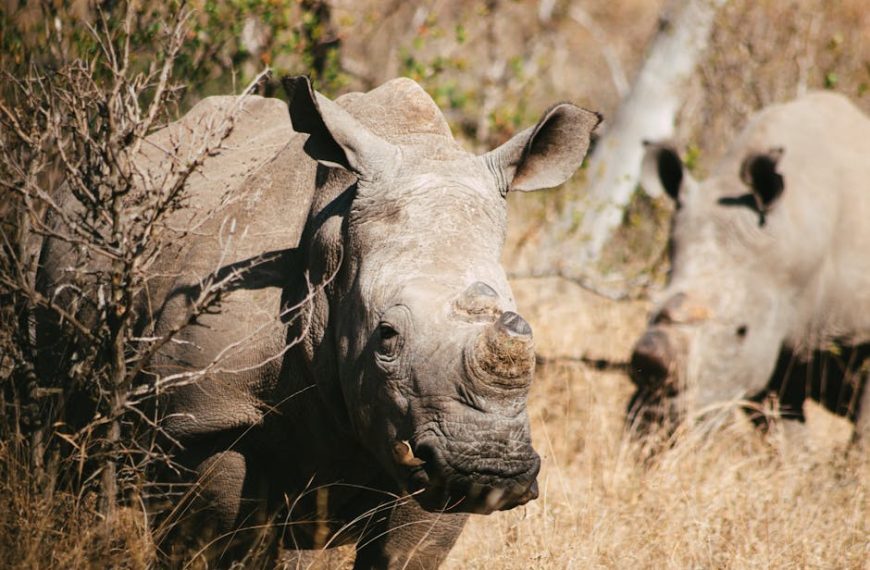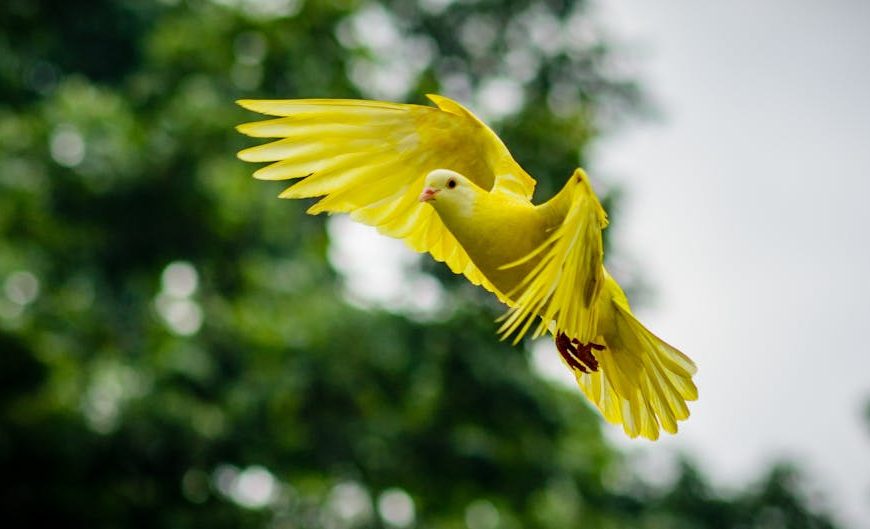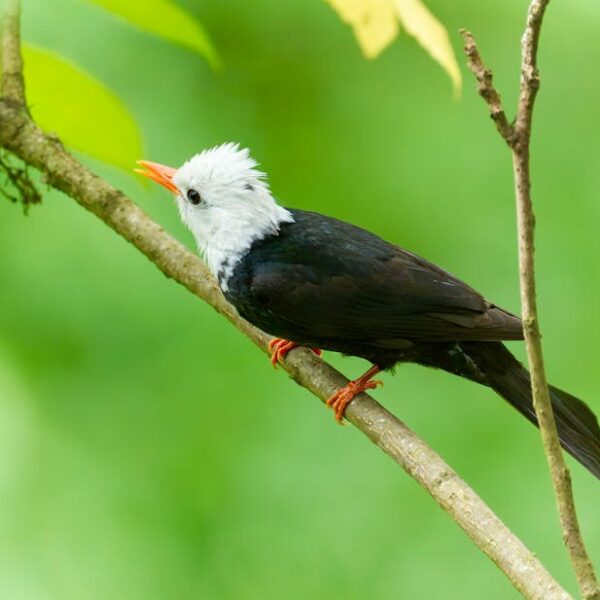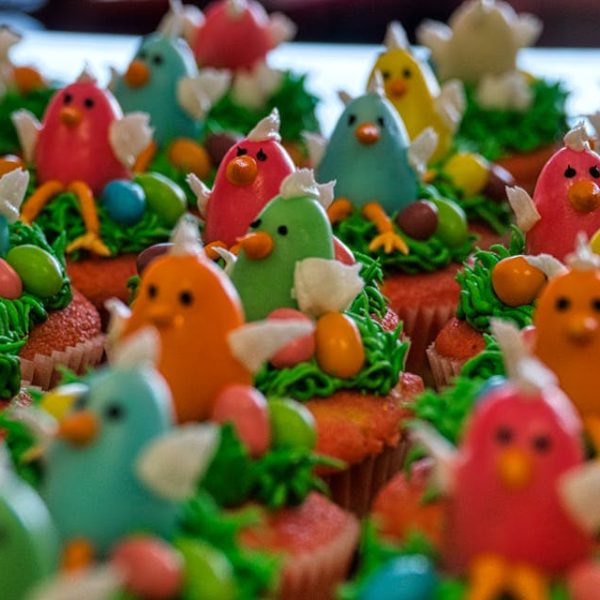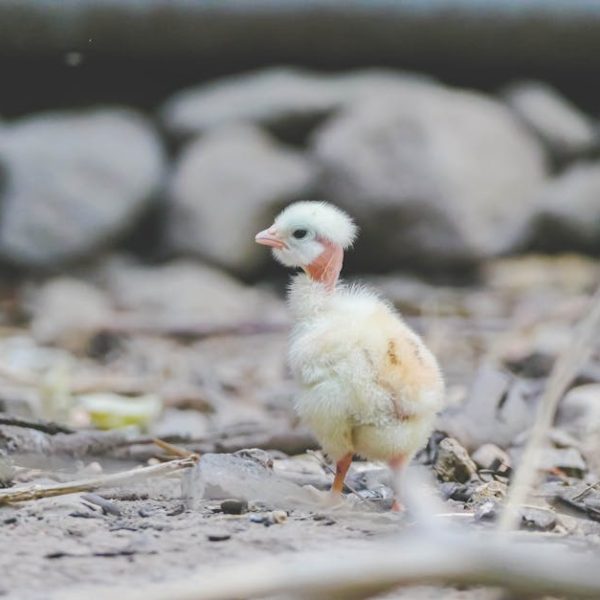First of all, let’s dive straight into the very source of our title from the timeless English Christmas carol The Twelve Days of Christmas. This festive song is much loved for its cheerful rhythm and catchy lyrics that build up as each day of Christmas brings the receiver a new set of gifts.
The Traditional Verse and Its Bird Gifts
Most gifts in the song, you might notice, come feathered and flapping! Now, why is that? For one, birds were significant symbols in many historical contexts, including the early Christian symbolism from which this song is said to originate. It’s also important to consider the practicality of bird gifts. Birds were readily available, relatively easy to care for, and provided utility in the form of eggs, feathers, and even as a food source.
Here’s an overview of the bird gifts mentioned in the song and their potential symbolic implications:
- Partridge: Depicting divine sacrifice and love, as partridges were believed to protect their young by pretending injury to lure predators away.
- Turtle Doves: Symbolizing peace, love, and faithfulness due to their monogamous nature.
- French Hens: Representing the Christian triad: faith, hope, and love.
- Calling Birds: Likely referring to ‘colly’ or ‘coal black’ birds, symbolizing the four gospels.
- Geese: Standing for vigilance and providence due to their nature as gregarious and protective creatures.
- Swans: Exuding grace, purity, and beauty in their serene, stately presence.
Pro-tip: However romantic or grand these symbolic implications might be, gifting real birds requires thorough consideration! Remember, owning a pet comes with considerable responsibilities and potential ethical issues.Sustainability and the 12 Days of Christmas
As exhilarating as it might seem to wake up to a menagerie of birds on your doorstep, let’s ponder upon the environmental consequences such an act might entail. To begin, the sheer number of birds, if replicated like in the song, could disrupt local ecosystems and be catastrophic for the gifted species themselves.
To adopt a more sustainable approach to Christmas gifting, we can take inspiration from the birds, rather than gifting them directly. Here are a few eco-friendly alternatives:
- A bird-identification book in lieu of partridges; fostering knowledge and respect for nature.
- A peace dove ornament for actual turtle doves; symbolic and decorative.
- A donation to a local animal rescue for French hens; shifting focus from receiving to giving.
- ‘Calling bird’ wind chimes, translating the cheerful bird calls to soothing melodies.
- A ‘Goose Down alternative’, ethical and hypoallergenic bedding, instead of actual geese.
- ‘Swan’ boat ride vouchers can replace the potentially disruptive presence of real swans.
Pro-tip: Moving from consume-oriented traditions to ones that champion sustainability not only reduces our environmental footprint but also enhances our understanding of the cardinal values Christmas stands for: love, peace, and generosity.In the end, it’s not about exactly replicating the gifts mentioned in the song, but about preserving the spirit of giving that is at the heart of the holiday season. After all, it is in the spirit of love and giving that these symbols and traditions were born. And it’s by keeping this spirit alive, through interpretation and adaptation, that they continue to be meaningful to this day.
Cultural Interpretation of the Bird Gifts
Intriguingly, the bird gifts in the song model various cultural interpretations, linking back to traditions and beliefs within those cultures. Here’s a fascinating peek into a few of these interpretations:
- Partridge: In Greek and Roman mythology, the partridge is associated with the goddess Athena and the god Apollo, symbolizing wisdom and light respectively.
- Turtle Doves: In Chinese symbolism, two turtle doves signify a loving and committed couple, mirroring the idea of ’till death do us part’.
- French Hens: With ‘French’ possibly being an Anglicised misunderstanding for ‘foreign’, these might simply denote exotic or rare fowls.
- Calling Birds: Were originally colly birds, or blackbirds, which have a special cultural significance in England as a harbinger of spring.
- Geese: Germanic tribes viewed the goose as sacred to the winter god Ullr, which marries well with the theme of a Christmas song.
- Swans: In Hinduism, the swan is associated with knowledge and transcendence, often being the carrier for the god Brahma.
Best practice: Recognizing and respecting the cultural interpretations associated with these bird gifts is crucial, especially if you plan to incorporate them into your holiday celebrations.
Monetary Value of the Bird Gifts
Would you be curious, or perhaps startled, to find out what it would cost to purchase all the birds from the song today? Starting from a partridge to a host of swans, let’s take an analytical look at the expenditure:
- Partridge: These ground-nesting birds range from $15 to $40 each.
- Two Turtle Doves: Symbolizing everlasting love isn’t cheap! A pair could set you back around $300.
- Three French Hens: Pricing varies, but on average, they’re about $20 per bird.
- Four Calling Birds: Traditionally blackbirds, but these might not be for sale as they are native wildlife in the UK. So, let’s consider canaries instead, costing around $100 each.
- Six Geese: Domestic geese can range from $50-$70 per bird.
- Seven Swans: Swans can span a broad price spectrum depending on species, ranging anywhere from $1000 to $20,000 each!
Comparatively, both owning and caring for birds can be an expensive and demanding endeavor. Birds require regular medical checks, a balanced diet, clean surroundings, and mental stimulation to thrive – all of which come with their own costs and time commitments.
Relevance of Bird Gifts in Today’s Times
The socio-cultural fabric and the nature of gift-giving have evolved significantly since the song was written. So, how do these bird gifts fare in relevance today?
Here’s a checklist to help you evaluate:
- Cultural significance: Do the gifts still retain their intended symbolism?
- Practicality: Is owning and taking care of the bird feasible?
- Cost: Can the person afford initial and ongoing costs associated with bird ownership?
- Acceptance: Is the person ready and willing to devote to a living creature’s needs?
Here are a few ways to modify the traditional bird gifts to better suit present times:
- Bird-inspired jewelry or artwork
- Donate to or sponsor bird conservation efforts
- Birdwatching tours or ornithology books and courses
Thus it is important to remember that at their heart, the twelve days of Christmas’ bird gifts are essential symbols of love, joy, and goodwill. And what is crucial is not the literal gifting of these birds, but the act of expressing these sentiments to our dear ones during the festive season. Let’s continue to do so, but in ways that are respectful, responsible, and meaningful to both the giver and receiver.
Key Takeaway:
- The bird gifts mentioned in the ’12 Days of Christmas’ song have historical and cultural significance, but it’s important to assess their relevance in today’s world – considering their ethical, ecological, and monetary aspects.
- Bird species have specific care requirements and ethical responsibilities attached to their ownership, which might not make them the best literal gifts.
- Sustainable and eco-friendly alternatives inspired by the bird-gifts can reduce environmental impact and reinforce the spirit of the holiday.
- The festive season is a wonderful time to reflect on traditions and to find ways to uphold them meaningfully and responsibly, while aligning with today’s societal awareness and values.
In times that demand thoughtful actions, it’s vital to adapt traditions to suit our evolving society’s needs. While celebrating the ’12 Days of Christmas,’ make choices that echo the festive spirit of love and giving, yet consider the well-being of our planet and all its inhabitants. Let’s recreate historical traditions to be more meaningful, responsible, and relevant to our times.
FAQs
Q: What is the cultural significance of the bird gifts in the ’12 Days of Christmas’ song?
A: Each bird gift in the song has cultural and historical implications—in Christian symbolism, folklores, and various cultural norms. However, the significance may vary based on the interpretational context.Q: Why birds and not other animals in the ’12 Days of Christmas’ song?
A: Birds were significant symbols in many historical contexts and were readily available, relatively easy to care for, and provided practical benefits too.Q: Is it ethical to gift birds?
A: Gifting birds requires a comprehensive understanding of their care requirements, lifespan, and potential ethical implications. Birds should only be gifted to those capable and willing to care for them responsibly.Q: What are some sustainable alternatives to gifting actual birds?
A: Alternatives can include bird-inspired gifts, donations to bird conservation efforts, and bird-watching experiences, which lower the environmental footprint yet honor the tradition.Q: How is the significance of the bird gifts from the ’12 Days of Christmas’ song relevant today?
A: While the symbolic significance stays constant, the practicality of gifting birds has changed. Shifting the focus from literal to symbolic, or choosing bird-inspired gifts can align with modern societal norms.Invite you to continue exploring similar articles on traditions and sustainable practices on our website. Share this article with your friends and family to spread the spirit of a thoughtful, caring, and eco-friendly festive season!

